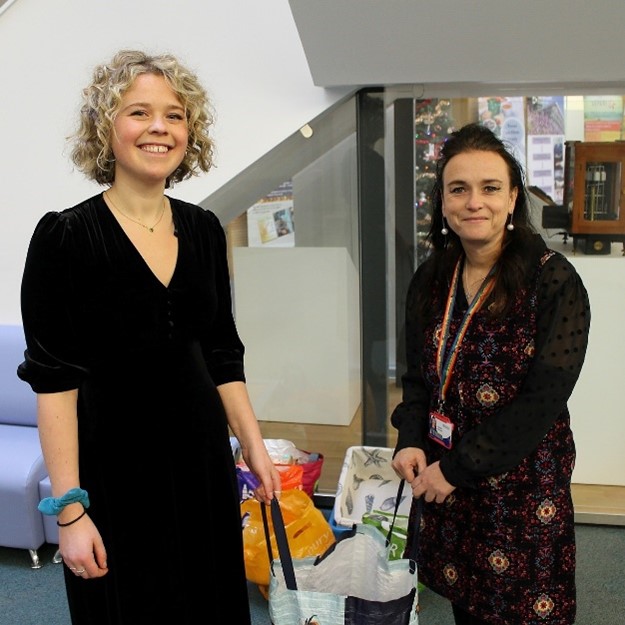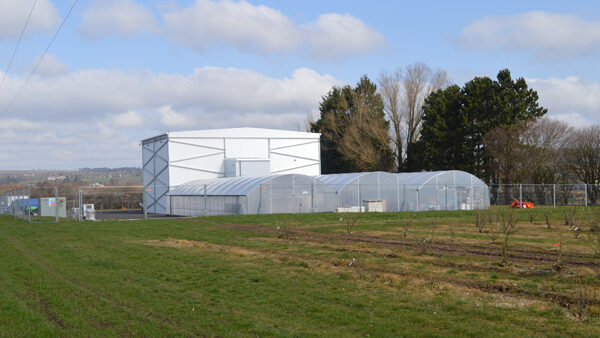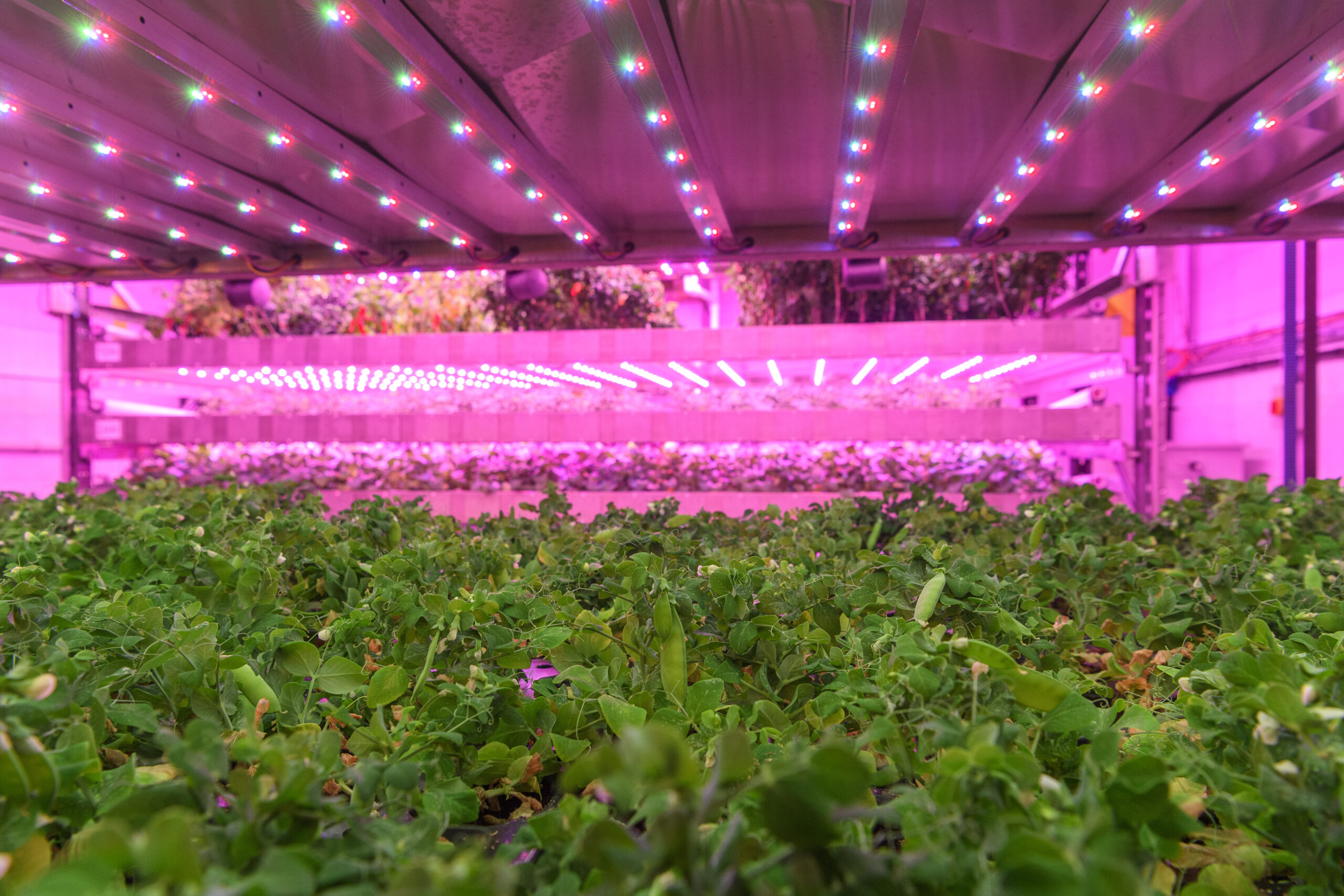Supporting Scottish communities for a healthy and sustainable, local food system: the role of vertical farming.
This projects aims to assess the barriers and opportunities for vertical farming to be applied in Scotland as an environmentally sustainable food system.
Dates: 2022 – 2026
Funding: £120k. Rural & Environment Science & Analytical Services Division of the Scottish Government. PhD Studentship, University of Aberdeen.
Vertical farming is breaking down barriers as is grows and becomes a distinct sector all of its own rather than a subset of controlled environment agriculture. The link between food and nutrition is implicit and with the innovation being developed as part of vertical farming, such as local food production as well as vitamin and mineral biofortification, are opening up significant avenues for development.
In collaboration with the University of Aberdeen and Intelligent Growth Solutions this project is collecting empirical data from Scottish consumers and stakeholders to assess the barriers and opportunities for vertical farming to be applied in Scotland as an environmentally sustainable food system, to produce healthy, local produce and developing an in-depth case study within a region in Scotland and assessing the nutrition quality in produce grown in a VF system.
Expected outcomes:
Acceptance of vertical farming systems as a viable route to nutritious food, and a socialisation and democratisation of the technology as a route to broader food production.

Project lead:
Professor Alex Johnstone, University of Aberdeen

System sensing in vertical farming and controlled environment agriculture (sys-sens)
Dates: 2021 – 2023
Funding: £0.5 million. Innovate UK
“If you can’t measure it you can’t manage it” – Peter Drucker
This phrase is no less true in crop and food production than any other sector and central to the collaboration on this project between the APCG and Gardin which aims to allow producers to measure plant physiology and proactively adjust parameters for optimised operations.
Gardin is a leading startup that is developing state-of-the-art optical remote sensing technology, machine vision and analytics. Gardin, together with the APGC and IGS, have undertaken a substantial body of work to establish the advantages of targeting and measuring chlorophyll fluorescence, light re-emitted by chlorophyll molecules during return from excited to non-excited states, as a facile route to a report on plant health, quality, time to harvest etc.
What has been found is that the interdisciplinary collaboration of the three teams with APCG delivering the plant science, and IGS the growing technology has created synergistic learnings. Indeed, the developed chlorophyll sensor integrated with the vertical growing system technology has been shown to correct induced problems and got the plant production back on schedule for high quality crop production. This machine learning based around sensing, plant science and data managed growing systems represents a significant advancement in the UK, in fact global, capability for the production of nutritious food.
Expected outcomes:
Providing tools and knowledge to allow producers to measure plant physiology and proactively adjust parameters for optimised operations.

Project lead:
Sumanta Tulkadar, CEO and founder, Gardin


